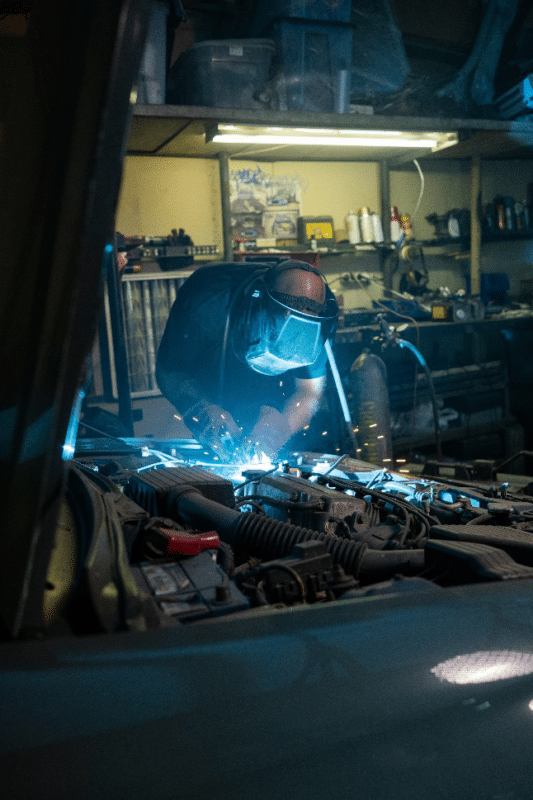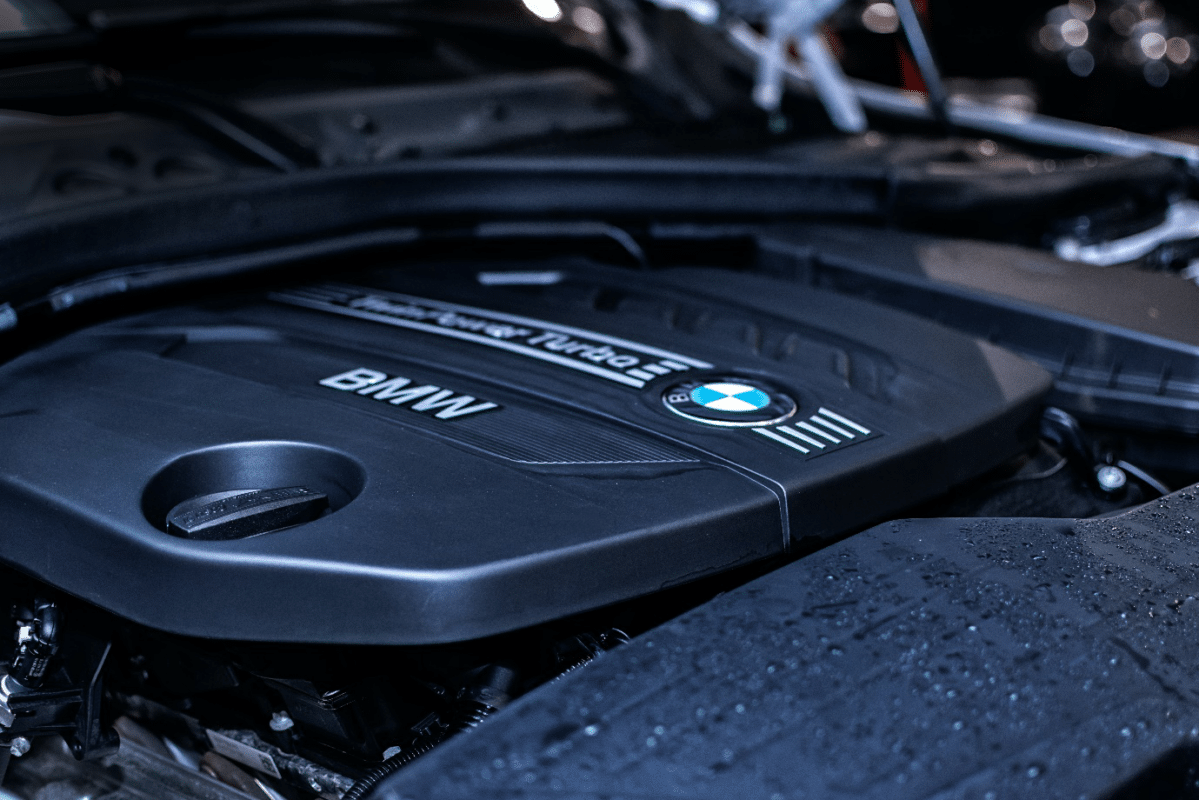Diesel Particulate Filters (DPFs) are crucial in reducing harmful emissions from diesel engines. Over time, however, these filters can become clogged with soot and require regeneration to maintain their efficiency. In some cases, a standard regeneration might not be sufficient, leading to the need for forced regenerations.
Here, we’ll discuss when and why forced regenerations are necessary for your DPF:
Understanding DPF Regeneration
Before diving into forced regenerations, let’s understand the standard DPF regeneration process. During normal vehicle operation, the exhaust gases passing through the DPF leave behind soot particles. To prevent the filter from getting clogged, the engine’s ECU initiates a regeneration cycle, where exhaust temperatures rise significantly to burn off the accumulated soot, converting it into harmless gases.
When standard regeneration falls short
In certain situations, the standard regeneration process may not completely make cleaning of the DPF. This typically occurs when the vehicle is predominantly driven in short trips or stop-and-go traffic, preventing the exhaust from reaching the required temperature for successful regeneration.
The consequences of a clogged DPF
A clogged DPF can lead to reduced engine performance, increased fuel consumption, and higher emissions, compromising both the environment and the engine’s longevity. This is where forced regenerations come into play.
Understanding forced regenerations
Forced regeneration is a manual process initiated by a technician using diagnostic equipment. It involves raising the exhaust temperature to burn off the accumulated soot when a standard regeneration fails. The vehicle is usually parked safely, and the process is closely monitored to avoid potential risks.
When forced regenerations are necessary
Forced regenerations become necessary when warning signs of a clogged DPF are evident, such as the DPF warning light illuminating the dashboard, reduced engine power, or increased exhaust smoke. Addressing these issues promptly is crucial to prevent further damage to the engine and avoid expensive repairs.
Benefits of forced regenerations
Environmental impact
Maintaining a clean DPF contributes to lower emissions, promoting cleaner air and a healthier environment.
Reduced maintenance costs
Regular forced regenerations can prevent severe DPF blockages, potentially saving you from costly DPF replacements.
Restored performance
A successful forced regeneration ensures that the DPF is thoroughly cleaned, allowing the engine to operate at its full potential.
Prevention is better than cure
To minimize the need for forced regenerations, following proper vehicle maintenance practices is essential. Regularly servicing your vehicle, ensuring long trips occasionally, and using high-quality diesel fuel can all contribute to a healthier DPF.
Forced regenerations are a necessary solution to address stubborn soot buildup in DPFs. Understanding the signs of a clogged DPF and promptly seeking a forced regeneration can help maintain engine performance, reduce maintenance costs, and protect the environment. By staying proactive and mindful of your vehicle’s health, you can ensure your DPF operates efficiently and responsibly, benefiting both your vehicle and the world around you.
30 Minute DPF Clean offers the best DPF cleaning service in New Jersey, Philadelphia, and Delaware
30 Minute DPF Clean specializes in DPF (Diesel Particulate Filter) cleaning using state-of-the-art technology.
Give us a call now for more information on our DPF filter cleaning service!


